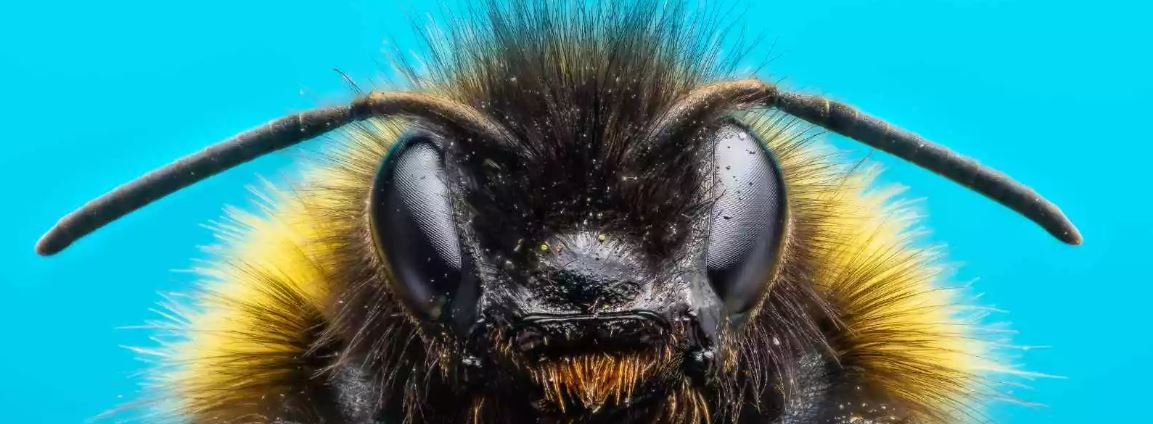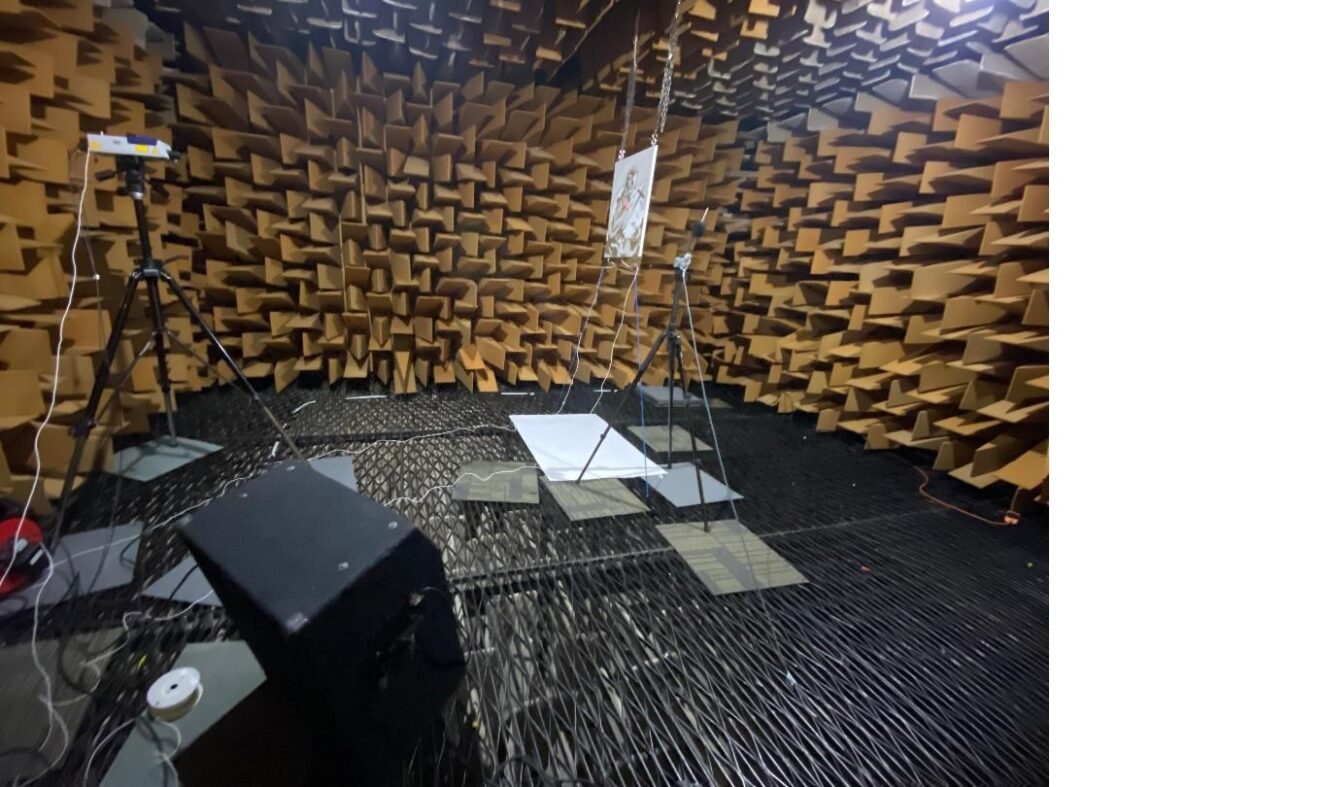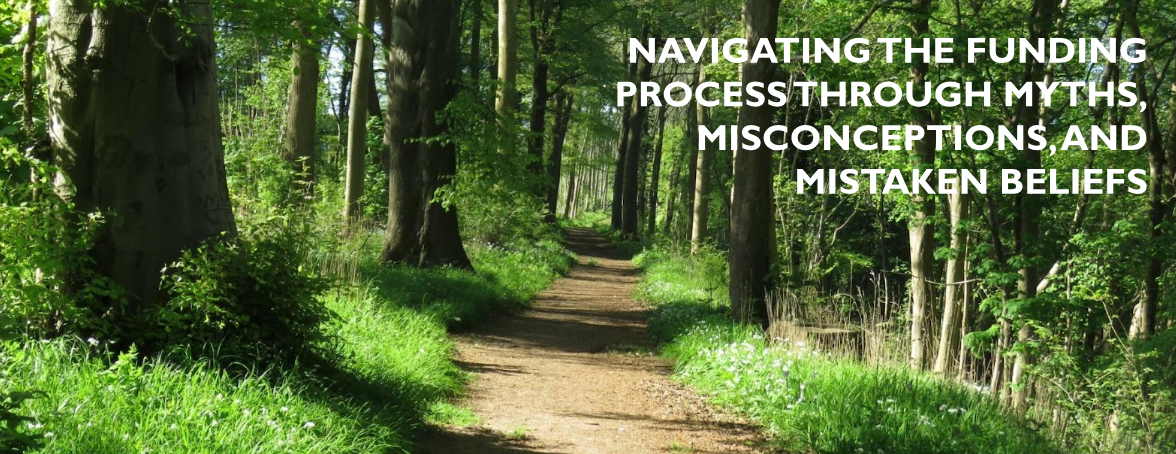|
|
|
Welcome to our March newsletter, a range of news from across our network reflecting and informing our community.
|
|
|
|

|
You maybe aware that Researchfish next submission is open, closing 14th March 2024.
|
|
We are looking for you to upload outcomes (Improved products, processes) and outputs (publications, exhibitions, new research tools or methods) in relation to the benefits you have received from affiliation with The UK Acoustics Network.
|
|
You may have previously been added to the UKAN+ research fish submission. If you are experiencing difficulties accessing it, please feel free to get in touch.
|
If you prefer, or are not added as a Research Team member, I am happy for you to send me the details and I will upload on your behalf, the deadline for this is 8th March 2024.
|
|
We appreciate your support in this matter.
|
|
|
|
Congratulations to Professor James Windmill at Strathclyde who has been awarded £2.2m to fund 18 PhD studentships to advance nature-inspired research.
|

|
The award from the Leverhulme Trust will fund four-year studentships, including three Master’s Plus PhDs for students from underrepresented minorities. An additional three studentships will be funded by the University.
|
Professor Windmill, whose research focuses on the investigation of hearing systems in insects to inspire the development of new acoustic and ultrasonic sensors and systems, said: “We’re delighted to be granted this award to train a new cohort of future interdisciplinary leaders, through the development of transformative nature-inspired acoustics-based research.
|
“It’s a great opportunity for colleagues across engineering, architecture, science and business departments within the University to work on multi-themed projects.
|
|
Further details are available here
|
|
|
|
Piloting the Concept of the Data Passport
|

|
|
To pilot the idea of freely sharing your laboratory for unusual research, the concept of the Data Passport was proposed by Richard Craster. In February 2024 London South Bank University, Bickerdikeallen Partners, the National Gallery and the University of Oxford collaborated on art conservation and noise. Tom Galikowski, early career lead for the Institute of Acoustics and an Associate of Bickerdikeallen Partners organised a three day experiment to measure the effect of air-borne sound on paintings. Catherine Higgit, Principal Scientific Officer at the National Gallery, came to the Acoustics Laboratory with old paintings. David Trew partner at Bickerdikeallen brought a nightclub loudspeaker to blast the paintings. Polytec loaned a laser vibrometer to measure the effect on the paintings of 125 dBA pink noise produced in short chirps. University of Oxford provided two very new paintings. The thought being that fresh paint would be more affected by high sound levels. The resulting flecks of paint were counted on an A0 sized white sheet of paper positioned directly beneath the hang painting. We think the Data Passport ably demonstrated a mechanism to bring about cross-discipline collaboration. The next test would be the effect of structure borne sound on oil paintings!
|
|
|
|
Dr Elaine Massung (Academic Smartcuts) and Professor Dan Allwood (Peak Writing) continue busting common proposal myths.
|

|
There is a little nuance to keep in mind before reading about the next myth. There is absolutely nothing wrong with looking at past proposals that have been funded. The problem comes when they’re treated as a template or viewed as the only way to write a competitive proposal.
|
MYTH #8: Copying what successful proposals have done gives you a better chance of getting funding.
|
There are two reasons why this is an unhelpful myth to hold on to.
|
First, how can you demonstrate that you are leading within your research area if you’re doing what everyone else already does? As a result of modelling current proposals on previous ones, many aspects of grant applications now look more or less the same. Everyone publishes in high-impact journals. Everyone will host a workshop to disseminate the results of the project. Everyone is involved in their university’s Open Day as a form of public engagement.
|
The question to ask is how can you stand out from the crowd in a positive way? What can you do in addition to the standard responses? Go ahead and publish in high-impact journals … but could you also write for trade magazines to bring your work to the attention of industry? Participate in an Open Day or two … but why not also launch a blog or a podcast? Rather than put on yet another meeting that people have to attend, why not run a session at an existing conference?
|
|
This naturally leads to the second question that is fundamental to writing a competitive proposal.
|
Is what you want to include appropriate and does it make sense for the particular project you want to carry out? Including something just because a successfully funded project did it overlooks the fact that the project didn’t get funded because they specifically did X. Instead, reviewers considered that X would enhance the particular project in some way. And, sometimes, proposals get funded despite what they include, rather than as a result of it!
|
So, go ahead and check out previously funded projects … but also take the time to determine what will work best you and your specific research project, rather than what was suitable for your colleague down the hall.
|
|
MYTH #1: The only thing that you need for a successful proposal is a good idea.
|
|
MYTH #2: You are writing a proposal for yourself.
|
|
MYTH #3: Guidance documents are optional.
|
|
MYTH #4: All proposals should be treated in the same way.
|
|
MYTH #5: The funder decides who gets funded.
|
|
MYTH #6: The 1-6 score on the review determines how a proposal does at panel.
|
|
MYTH #7: A competitive proposal can be written in a weekend. // It takes years to write a competitive proposal.
|
|
|
|
Opportunity to collaborate with experienced outreach volunteers
|

|
Avid UKAN+ readers will be fully aware of the World of Sound project which featured in our October issue.
|
The UKAN+ EDI team were aware of a WEST a small charity with a big aim: to inspire girls and women to study and work in non-traditional trades and careers.
|
UKAN+ is pleased to announce a collaboration with WEST to undertake activities in both Primary Schools ad Secondary Schools. Based on successful previous projects a pilot projects will be run in 6 schools utilising the World of Sound as a resource.
|
We are looking for female role models, undergraduate or post graduate (or early career preferably for the secondary school work) to join the experienced WEST team in delivering these exciting initiatives.
|
Any associated travel costs will be covered by UKAN+.
|
|
Please email z.hunter@acoustics.ac.uk in the first instance.
|
|
|
|

|
|
|
|
|
|
|
|
|
UKAN+ Final Event and IOA 50th Anniversary Celebration
|

|
UKAN+ will hold our final event on the 12-13 September 2024 at Manchester Metropolitan University, joining the Institute of Acoustics celebrate their event 50th Anniversary. Please add these dates to your diaries.
|
|
Further details to follow.
|
|
|
|
|
If you have any news for our April newsletter do drop us an email before the 27th March 2024. We are interested to hear a range of news, perhaps you have a recent publication, or you would like to offer a blog for our community or maybe you know of some industry news we could share.
|
|
|
|
|